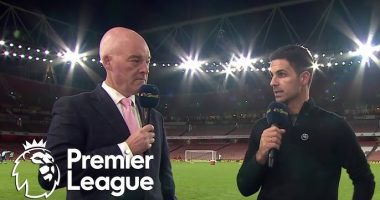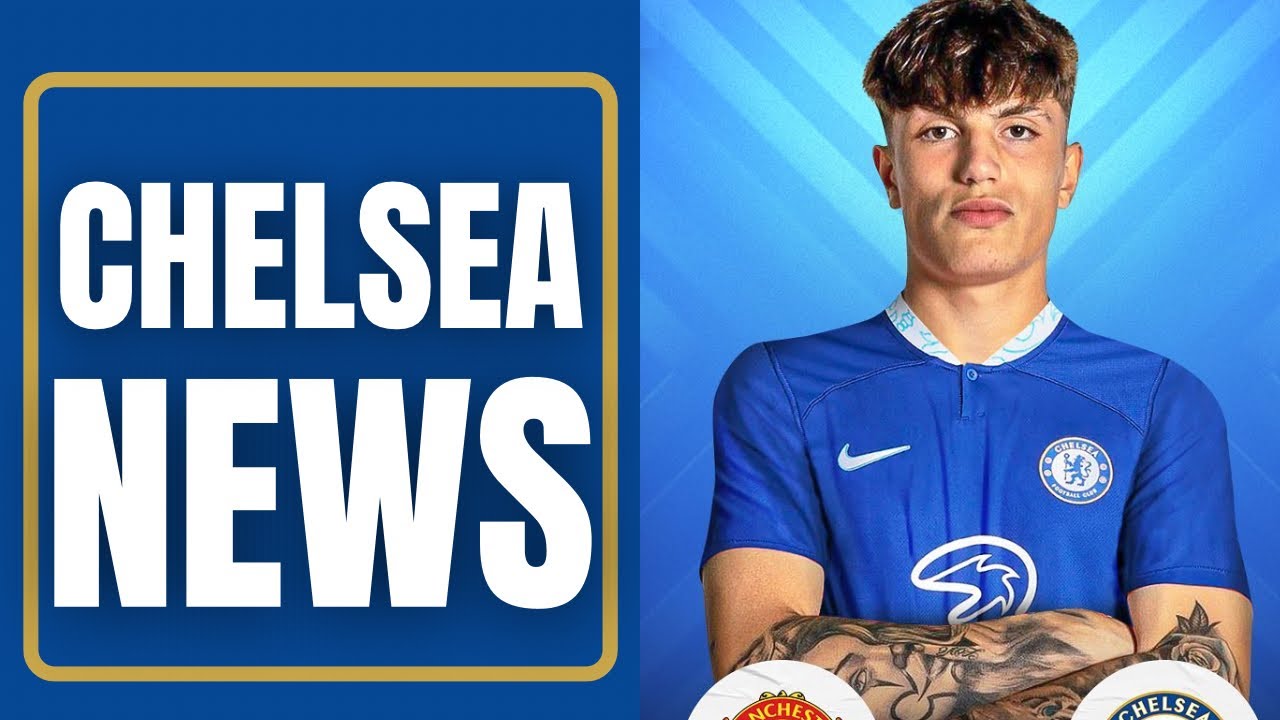The decision-making process behind Manchester United’s penalty takers has come under scrutiny following their FA Cup exit at the hands of Fulham. Manager Ruben Amorim has shed light on why Victor Lindelof took a pivotal spot-kick and hinted at possible changes to his attacking lineup.
United’s hopes of defending their FA Cup title ended in heartbreak after a dramatic penalty shootout at Old Trafford. After a 1-1 draw in regulation time—courtesy of Bruno Fernandes’ late equalizer following Calvin Bassey’s opener—extra time failed to produce a winner. The subsequent shootout saw Lindelof and Joshua Zirkzee miss crucial penalties, allowing Fulham to progress as Bernd Leno denied both attempts.
With Fernandes, Diogo Dalot, and Casemiro all converting their penalties, many were surprised to see centre-back Lindelof take the fourth spot-kick ahead of more attack-minded players. Addressing the controversial choice, Amorim stated, “Victor was extremely confident and has been excellent in training. He’s been scoring consistently in practice, so it was a natural decision.”
Beyond the penalty drama, Manchester United’s striking options remain a growing concern. First-choice forward Rasmus Hojlund extended his goal drought to 18 consecutive games, failing to convert a promising opportunity early in the first half against Fulham. Despite latching onto a low cross from Christian Eriksen, the Danish striker fired wide, struggling to make an impact before being substituted in the second half.
Hojlund’s lack of goals—just seven in 35 appearances this season, with his last strike coming in December—has intensified calls for a change up front. His replacement, teenage talent Chido Obi, offered a lively display in his brief cameo, crafting multiple chances and nearly finding the net in extra time, only to be thwarted by a superb Leno save.
With a crucial Europa League last-16 clash against Real Sociedad and a Premier League showdown with Arsenal looming, Amorim was asked about the potential for a tactical switch in attack. “Anything is possible in the coming games,” he admitted. “We have limited training time, so decisions will depend on our opponents and the physical condition of our players with the tight schedule.”
When pressed on whether United’s squad has enough firepower, the Portuguese manager acknowledged the issue. “Yes, we are struggling to score. Even against Ipswich, we mainly created danger from set-pieces. The key is generating more opportunities, and today we did that. Now, we must improve our finishing to support our forwards and help them regain confidence.”
As the Red Devils navigate a demanding fixture list, Amorim’s next selection decisions could prove crucial in turning around United’s attacking fortunes.









